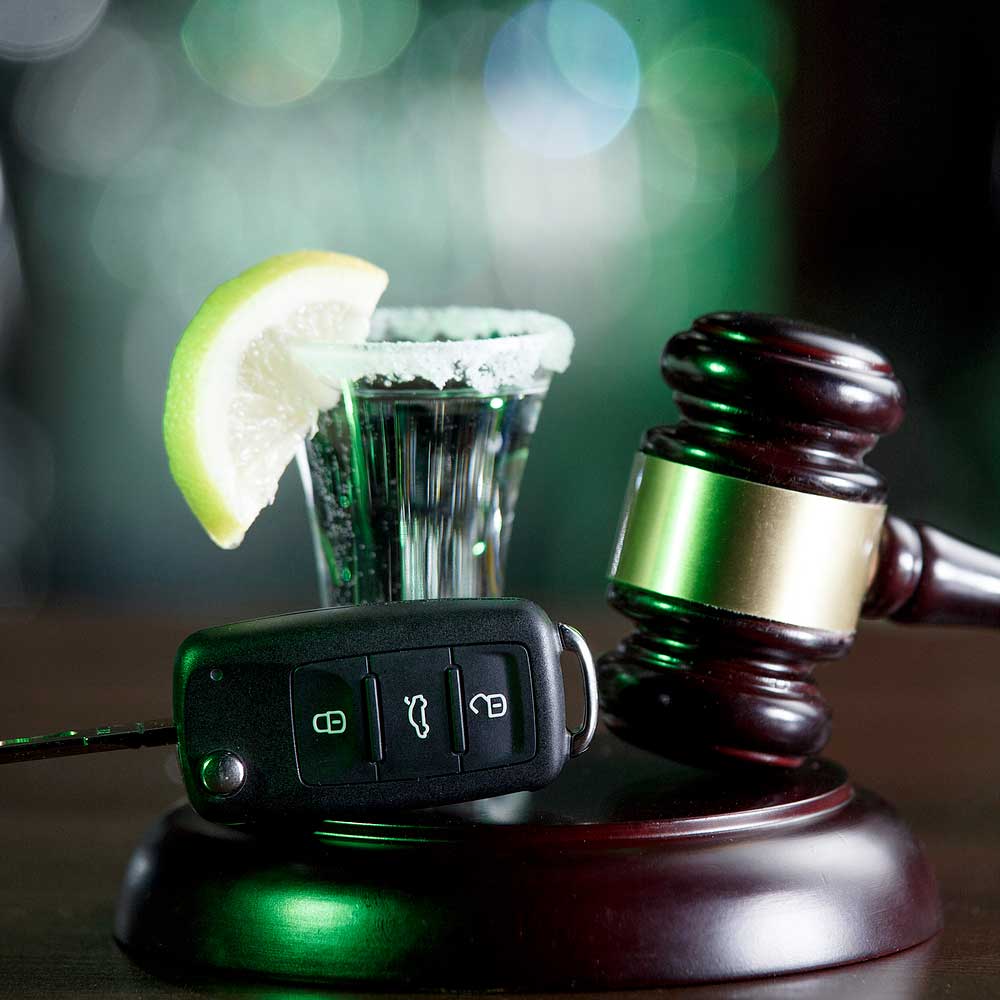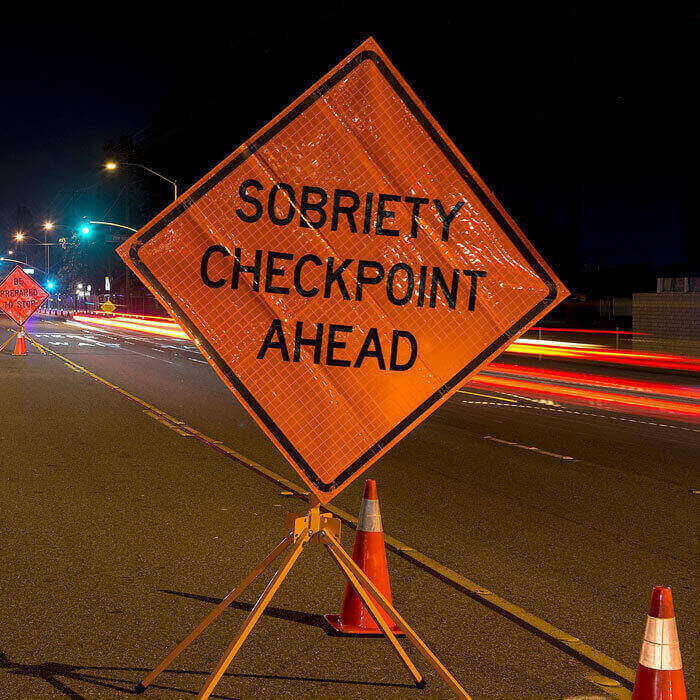THE VIRGINIAN-PILOT
BY JON FRANK
NORFOLK – Almost 15 years ago, Michael L. Goodove was a law school student when his legal career and life were altered forever.
On a February morning in 1990, Goodove’s younger brother, Jeffrey, was riding in a car that was hit by another vehicle on a narrow, hilly road in Charlottesville.
Jeffrey, a University of Virginia student, was killed instantly.
The driver of the other car was drunk.
Goodove received the tragic news at George Mason University from his mother via telephone.
“I got the call nobody wants to get,” Goodove recalled in a recent interview. “I had never experienced death until my brother was killed. It was the first funeral I ever went to.”
That combination – drunken driving and tragedy – profoundly changed Goodove’s personal life. His family, especially his parents, were never the same.
“It is extremely unnatural to bury a child,” said Goodove, who is now married with three children . “That is something no one should ever have to go through.”
The experience of loss also came to define much of Goodove’s professional life, providing both controversy and a cause – as well as a source of commerce – to his vocation as a lawyer .
In the years since his brother’s death, Goodove has become a lawyer who represents people injured by drunken drivers and a prominent spokesman for Mothers Against Drunk Driving. He has been the group’s leader for the past 12 years.
In that capacity, Goodove has helped many families navigate the legal system after loved ones were injured or killed by DUI offenders.
“I consider what he does to be a real public service,” said Kaye Walsh, whose daughter, Robin Gustafson, was killed by a drunken driver in Virginia Beach in 1997. “He pulled us through the whole process.”
Goodove also has lobbied the General Assembly tirelessly to stiffen penalties for people convicted of DUI. Virginia now has some of the toughest drunken-driving laws in the country.
Through the years, Goodove became the face of Mothers Against Drunk Driving in South Hampton Roads, an implausible development because Goodove clearly is not a mother.
But his regular appearances in court and on television have made Goodove’s good looks and quiet confidence well-known among those interested in or personally touched by drunken driving.
A recent television advertisement by his Norfolk law firm – Rabinowitz, Swartz, Taliaferro, Swartz & Goodove – focuses on Goodove’s personal story of tragedy.
The blending of commerce with crusade makes some in the legal community uncomfortable. They say Goodove uses his advocacy role, in part, to get business for his law firm.
But some lawyers support Goodove’s ability to turn a passionate personal interest into something that helps him in his professional life.
“I don’t see any conflict,” said Michael I. Ashe, a Virginia Beach lawyer and avid cyclist with a long history of representing fellow cyclists in personal-injury cases.
The advertisement, Ashe said, is only “stating that you are a lawyer who happens to know this particular field backward and forward.”
Other lawyers say Goodove’s level of commitment to the organization makes conflict allegations ridiculous.
“If he had to pay money to be involved with MADD, he would do it,” said Norfolk lawyer Larry Cardon. “He has a passion for this.”
To Goodove, the criticism is unfounded.
For one thing, he said, he always provides drunken-driving victims a list of other lawyers who could represent them in any legal proceeding. Those who choose him are a very small part of his legal practice, he said.
“Never once did I have any financial motivation for getting involved in it,” Goodove said. “I felt that I had a tool that would really help these victims that no one else had.”
It wasn’t always that way.
Early on, Goodove was as carefree and selfish as most recent college graduates. He wanted a glitzy career on Wall Street, not a job where grieving was an integral part of every working day.
He attended law school at the urging of his parents. Law would provide a profession he could always fall back on, they said.
His legal training had hardly begun when his brother was killed. It was a tremendous shock. “He was not just my brother; he was my best friend,” Goodove said.
The family gathered at home in South Hampton Roads to bury Jeffrey, hoping to bring the person who had killed him to justice. Soon, however, the reality of Virginia’s lax drunken-driving laws became depressingly apparent.
They found the police had botched the evidence collection. The drunken driver had been allowed to dispose of the beer in his car before he was questioned by authorities. That led prosecutors in Charlottesville not to pursue criminal charges.
The Goodove family persevered. Eventually, they had to be satisfied with a wrongful-death lawsuit. Criminal charges were never filed.
At that point, Goodove recalled, he began to “detach” from the situation to escape the tragic memories haunting the rest of his family. Returning to George Mason University, he plunged back into his law studies.
But he was troubled by the way he and his family had been treated by authorities. He thought the system was out of whack. He thought it cared little for bringing DUI offenders to justice and nothing for victims.
Soul searching followed, along with an internship in the Fairfax County prosecutor’s office.
“I discovered that I was good in court and liked wearing the white hat and being the good guy,” Goodove said.
When he returned to his hometown of Virginia Beach, he decided to devote his career to helping victims. He went to work for a personal injury law firm and contacted the state chapter of Mothers Against Drunk Driving .
After starting a local chapter , attending conferences and talking to others, he concluded that drunken driving was a societal problem, deeply imbedded in the culture, cutting across economic strata.
The key problem was that most drunken drivers were walking away from even fatal accidents with rarely more than a slap on the wrist .
“The problem we faced was not so much the convictions but the punishment,” Goodove said.
Goodove’s goal was to build an organization with staying power that would help reshape attitudes over the long term.
That presence has allowed Mothers Against Drunk Driving to keep the image of victims before the media and public. Eventually, it has swung public opinion toward stiffer penalties, especially for repeat offenders.
Another victory was the acceptance of victim-impact statements after convictions. Under the old system, DUI offenders would walk away with probation, without the victims’ families being able to say how the injury or death had affected them.
Once victim-impact statements became part of the law, penalties became harsher. “They can be very powerful,” Goodove said.
Goodove strived to become a bridge between victims and prosecutors, leading the uninitiated through the maze like legal process that had so frustrated his own family.
Initially, Goodove faced opposition. Some judges thought Mothers Against Drunk Driving wanted to abolish alcohol use and that Goodove was a teetotaler who did not want to be around drinkers.
Neither was true.
Goodove drinks occasionally but makes certain he always has alternative transportation. And Mothers Against Drunk Driving has no intention of trying to stop people from drinking, only drinking and driving.
Today, when contacted by a DUI victim, Goodove meets the family and counsels them about what to expect. He provides them with support and advice and helps them prepare victim-impact statements at the appropriate time.
As the number of DUI accidents increases, so do the organization’s membership and donor rolls.
“Unfortunately, it sometimes takes a tragic event to make it close to your heart,” Goodove said.
Victims who survive have a simple choice, Goodove said: “You can vent angrily and let that dominate you, or you can use the pain in a cathartic manner to do some good.”
* Reach Jon Frank at 222-5122 or jon.frank@pilotonline.com.
{CAPTION} Michael L. Goodove’s brother was killed by a drunken driver 15 years ago. Goodove, right, a lawyer who also heads the local chapter of Mothers Against Drunk Driving, has championed his cause and worked for tougher laws in Virginia.
Mort Fryman The Virginian-Pilot
Copyright (c) 2005 The Virginian-Pilot
Record Number: 7828775


